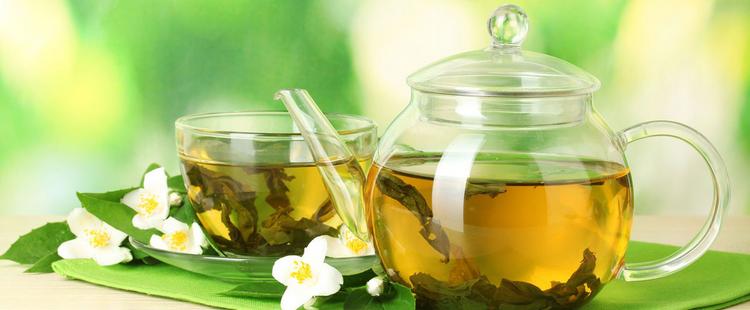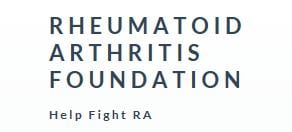Prednisone belongs to the corticosteroid family of medicines. Prednisone addresses low corticosteroid levels in the body, which for some people results in problems such as Rheumatoid Arthritis, Lupus and organ disorders.
It’s important to ask your doctor about any foods or drinks, including teas, that could either make the Prednisone less effective or cause a dangerous reaction when mixed with the drug.
Teas that can cause problems
Some teas made with some herbs can interfere with drugs from the corticosteroid family of medicines. Taking Ginseng and Prednisone, noting that the effects of the two can have an additive effect — meaning a double-strength effect that can be too powerful. Because corticosteroids rely on their immunosuppressant properties for healing, it’s counterproductive to drink a tea made from an immunostimulant herb, such as Echinacea. Herbal teas that can make Prednisone less effective include cat’s claw, astragalus and licorice root.
Traditional Teas
Caffeine and tannins, two sometimes-problematic compounds of black, oolong and green teas, are not listed as being a problem when mixed with Prednisone. Black, green and oolong teas come from the same plant, Camellia sinesis. How the plant’s leaves are processed, including fermentation methods, determines what type of tea it will become. Green tea comes from unfermented leaves. This lack of fermentation appears to keep the leaves’ natural antioxidants from leeching away. For people hoping to boost their immune systems, whether or not they are taking Prednisone, green tea may be the healthiest choice of the three traditional teas. None are known to cause negative interactions with the medication.
Herbal Teas
While on Prednisone or other medications, consider some of the milder herbal teas. Lemon balm, black currant, chamomile, lavender, elderflower, rose hip, peppermint, linden flower, rooibos and rosemary teas all have their own healing, and gentle effects
General Recommendations
Every person reacts differently to individual and combined substances. While caffeine and Prednisone aren’t considered antagonists, you may experience side effects from each of them that, together, make daily life especially unpleasant. Talk to your doctor about all the teas you normally drink, as well as foods and supplements in your regular routine. Your physician will have the latest warnings on any negative herbal and food interactions reported with Prednisone, which can be daunting to the general public.
For example, Drugs.com lists 715 possible interactions between Prednisone and other drugs or herbs. Always ask your doctor about specific herbal and traditional teas, even if they have a reputation for mild effects. If you buy tea blends, look at all the ingredients listed on the package.
Share this post:


3 Comments